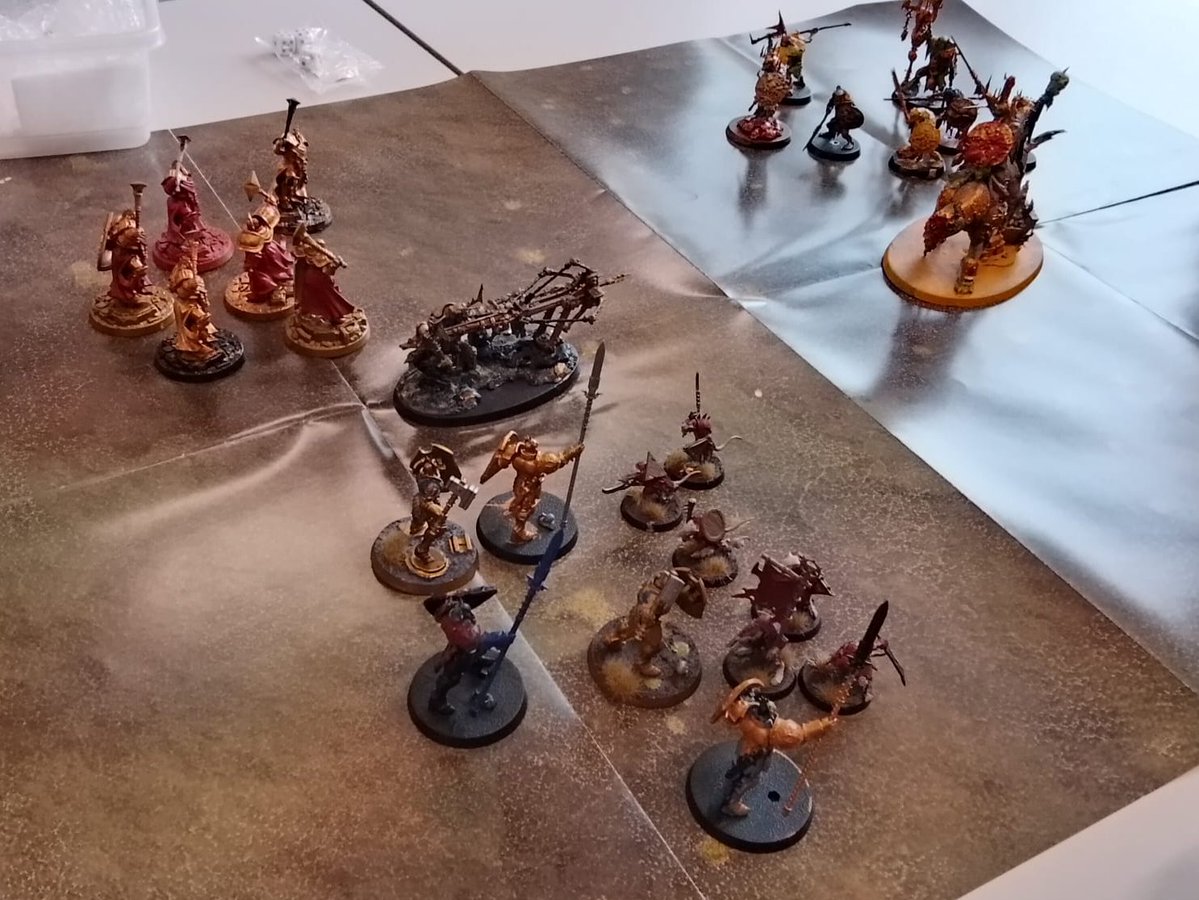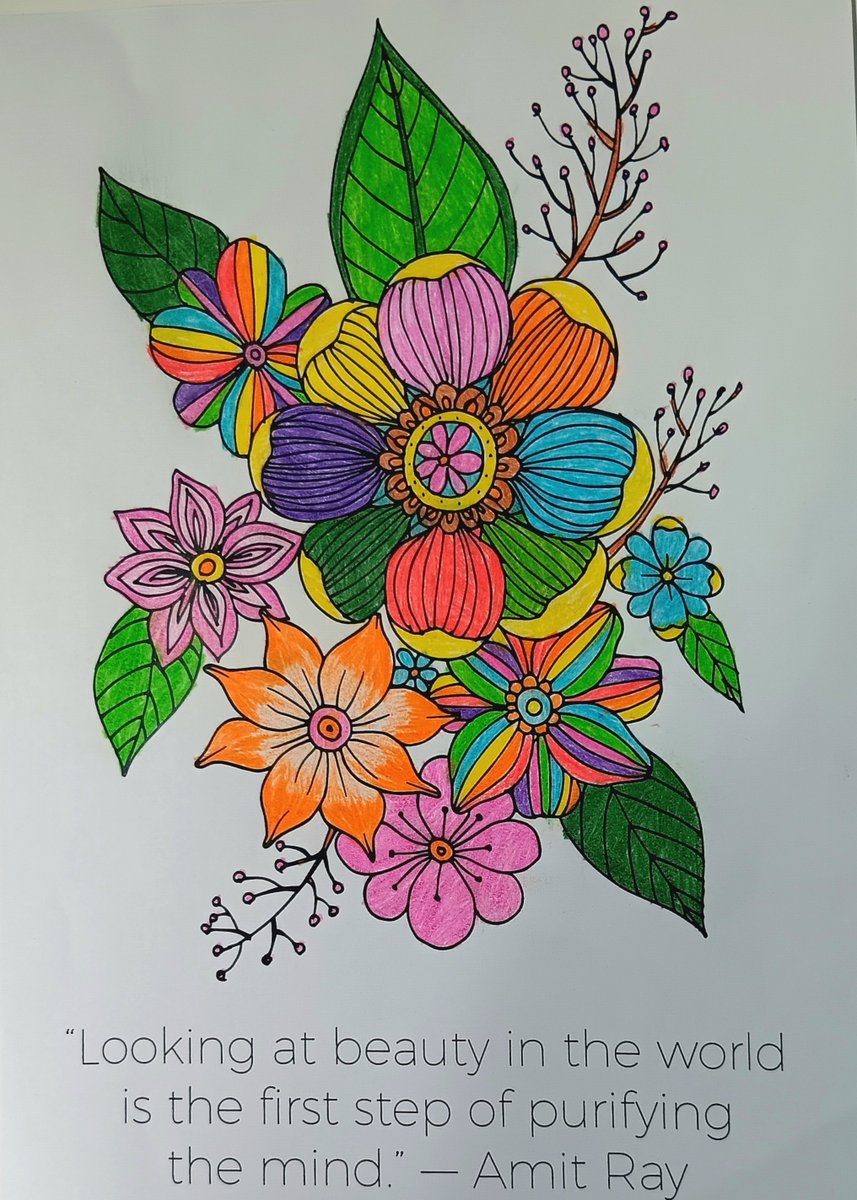Religion, Philosophy and Ethics
Our Intent
Our Religion, Philosophy and Ethics (RPE) Curriculum at Key Stage 4 is intended to develop our older students’ spiritual, moral, social and cultural understanding. Students will develop their knowledge of religion through engaging with religious perspectives on social and ethical spheres, and develop their knowledge through religion by considering these issues through different ways of thinking and knowing.
considering these issues through different ways of thinking and knowing.
They will study a different theme each term throughout Year 10 and 11:
- Religious Ethics (an introductory module)
- Religion and life
- Religion, crime and punishment
- Religion, human rights and social justice
- Religion, relationships and family
These themes are inspired by the AQA GCSE Religious Studies course, and ensure that the National Curriculum Requirement for religious education at Key Stage 4 is met in a way that enables students to build on the powerful knowledge and cultural literacy they have gained in Years 7 to 9. The course is comparable to the GCSE Religious Studies 'Short Course' that schools may have offered in previous years.
RPE Lessons
The KS4 RPE curriculum is implemented through one 30 minute tutor time session per fortnight, alternating with their core Citizenship provision. Students' learning is supported by bespoke booklets and their specially trained class teachers, and students practice their analytical skills and engage in debate with their peers.
The curriculum is further supported though the Academy’s assembly programme, with one supporting assembly each term that ties into the theme they are studying.
Assessing Impact
At the end of each theme, students are set a knowledge quiz via Satchel One to test their knowledge and understanding. During the final lesson for each theme they also complete an extended written response, which is designed to encourage students in making synoptic links between the religions and topics they have been studying that term. They are encouraged to use knowledge from each faith, with reference to the scripture that has been studied, and consider the implications of these for life in the 21st century.






















